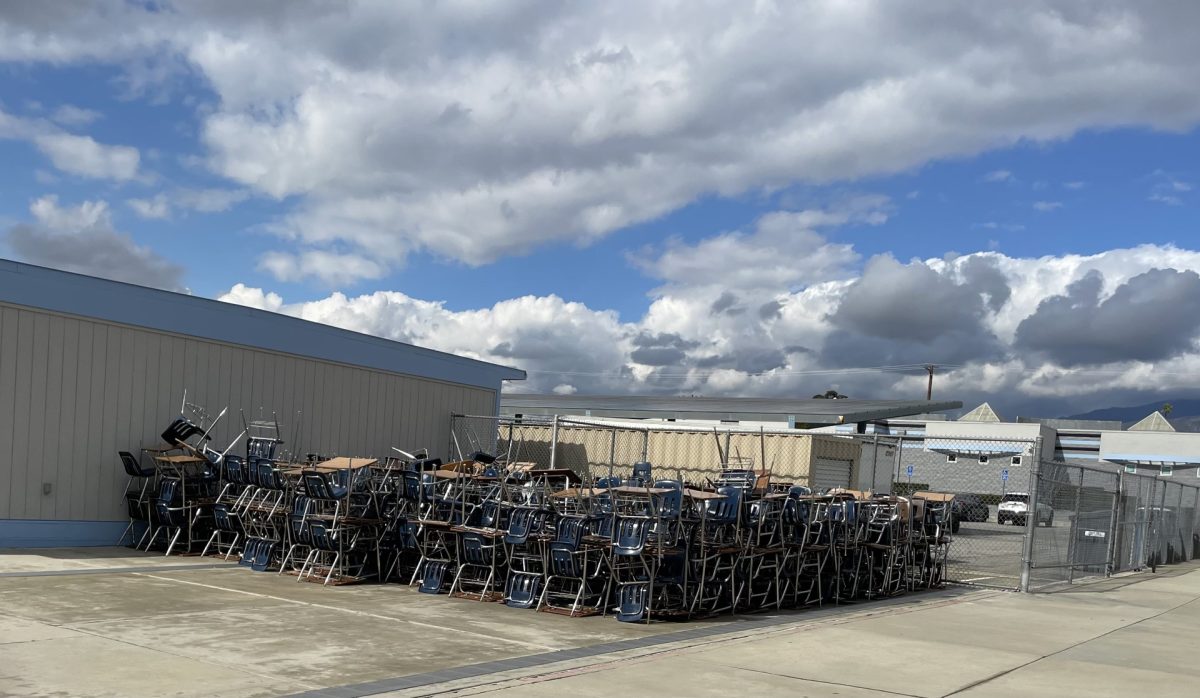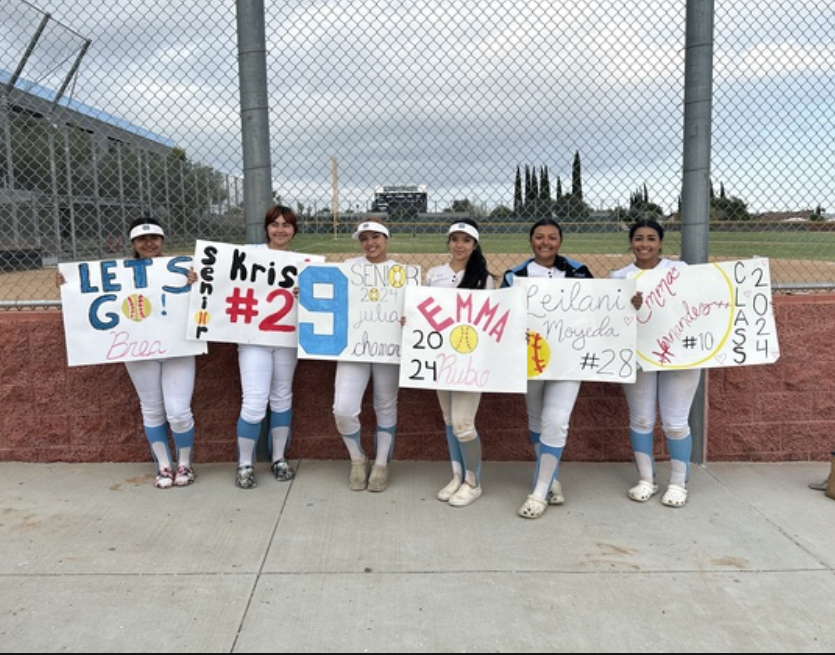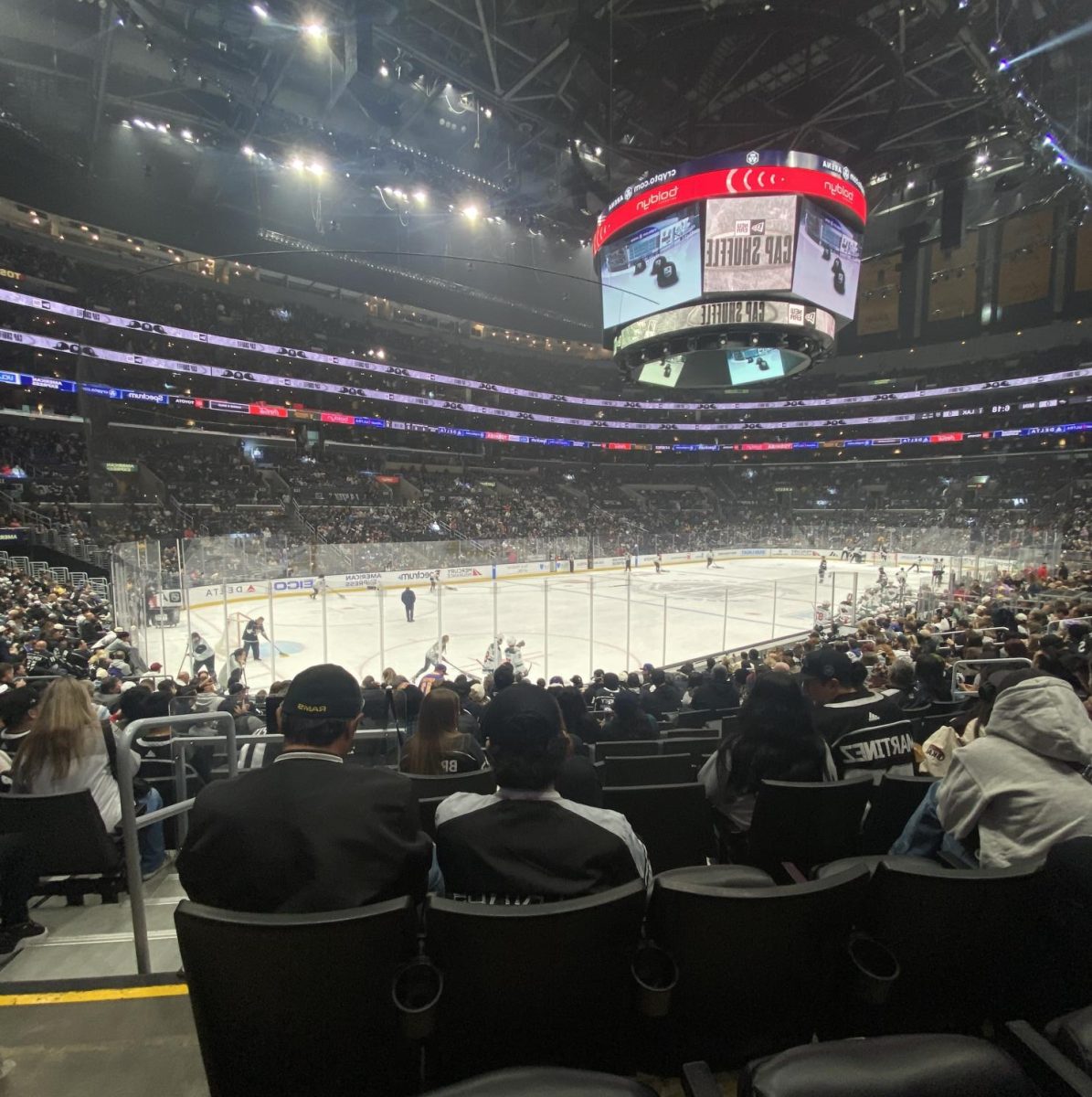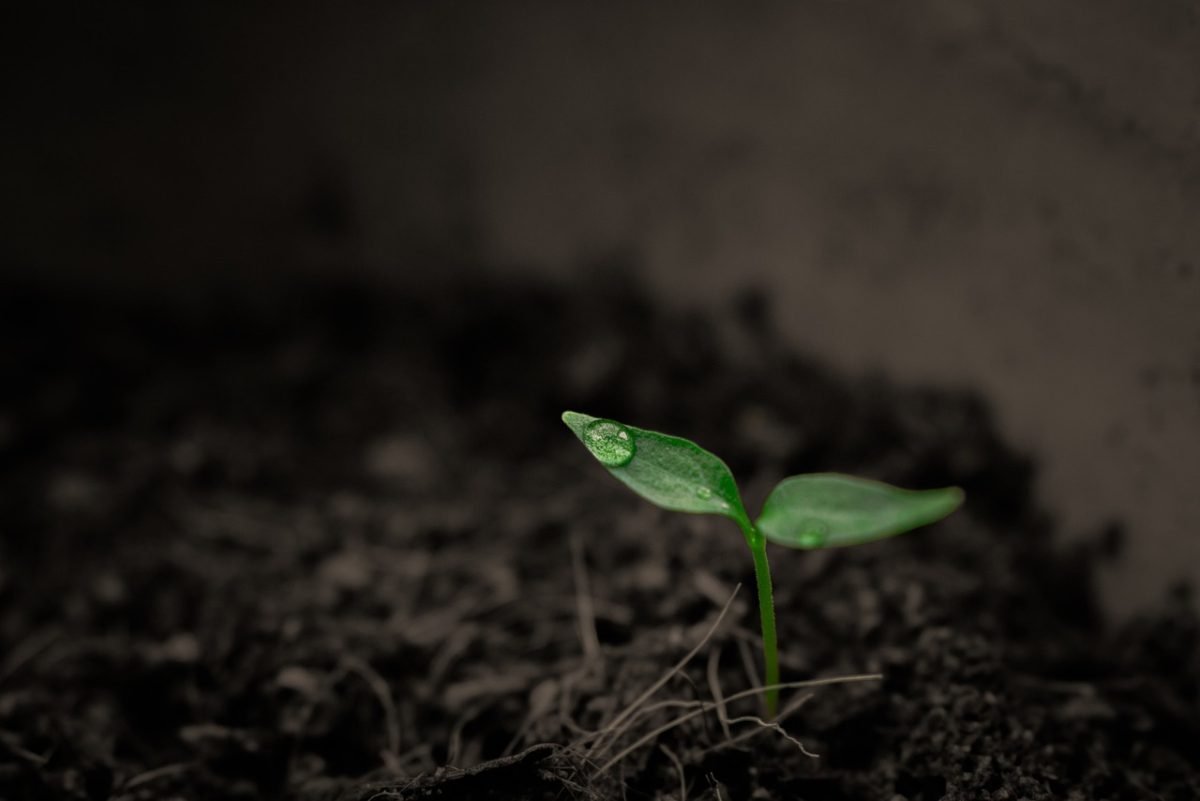In this day and age, it seems impossible to escape the ever so common plastics and fossil fuels too present in our day-to-day lives. Plastic water bottles, polyester, and polystyrene are all familiar to us, yet they damage the environments we live in. It is common to hear that the world is currently facing the effects of global warming, but what really is global warming?
In simple terms, global warming is the increase in Earth’s long-term average temperatures. This is caused by the burning of fossil fuels (such as coal, oil, and natural gas), which are then trapped in the atmosphere, heating the climate.
Although the majority of released greenhouse gasses come from major corporations, there are still smaller things that can help prevent, or at least slow, climate change. Here are five habits you should begin to do:
- Recycle your cans.
Begin saving soda cans and other aluminum bottles, putting them in a bag, then taking them to a nearby recycling center. If you are unsure if something is able to be recycled, you are able to check if the can is eligible for CRV (California Redemption Value) at the top of the can.
- Use reusable water bottles.
Buying one reusable water bottle can both save money and be better for the environment than using plastic water bottles. Many plastic water bottles end up in landfills, and plastic itself takes a long time to decompose.
Reusing plastic bottles, however, can serve as a danger. Since the plastic bottles are made from polyethylene terephthalate, the heated plastic can release BPA (bisphenol and antimony) into the water, which has been proved to be a carcinogen.
It is important to be careful when it comes to plastic. Therefore, it might be best to invest in a good reusable water bottle to stay healthy.
- Limit over consumption.
Over consumption is the act of over-consuming, or the excessive use of something. This is usually thought of as making unnecessary purchases.
Over consumption can be looked at on a broader scale as well. Things like unnecessarily large homes, overuse of cars, using single use plastic, and more are all examples of over consumption. Most of these, however, are not within the ability for one teenager to stop, but are definitely worth noting.
For the average person, over consumption limitation can include self regulating the usage of single-use plastic and other wasteful habits. For example, while grocery shopping, one can reuse grocery bags instead of buying and tossing bags each time, only purchase what is needed, and look for recyclable packaging. Not only is this better for the environment, but it cuts small costs that eventually add up.
- Reduce your usage of electricity.
The generation of electricity uses fossil fuels which begin to add up and affect the environment. As mentioned before, greenhouse gasses contribute to global warming.
Easy ways to save electricity include unplugging cords that are not being used or managing your thermostat. Saving electricity can be as easy as turning off lights and instead opening a window for sunlight during the daytime.
- Begin gardening.
Global warming affects the air quality of our community. A small step to begin fixing this is by gardening. Plants, with the process of photosynthesis, rid carbon dioxide from the air and release oxygen into the air, thus “cleaning” the atmosphere. With trees, carbon is stored in themselves and in the soil.
Planting trees, starting a small garden, or any other similar acts can be a small step to a large difference and a healthier future.
Earth day is April 22nd, so remember to take care of our environment and work towards the better.




















